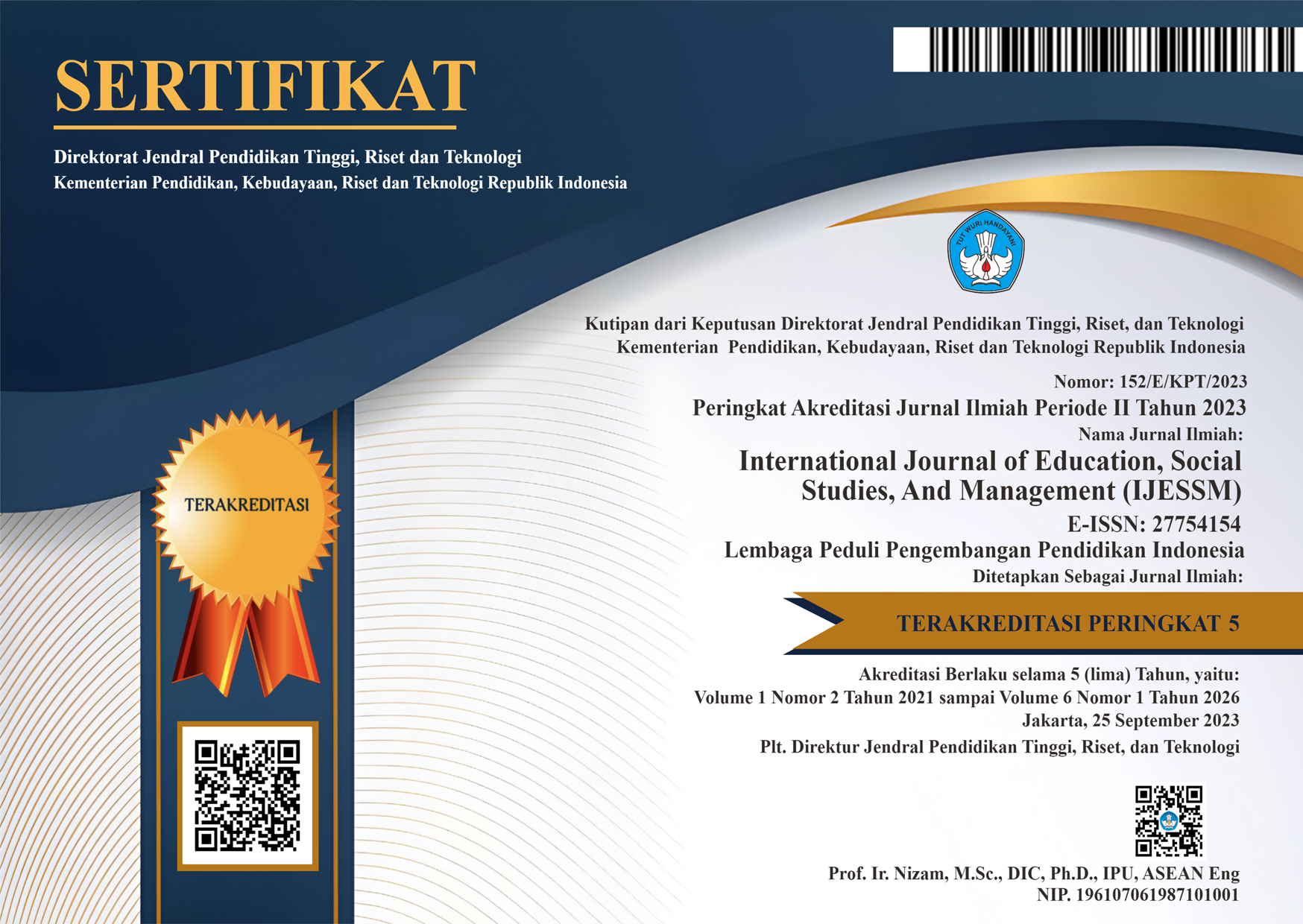The Influence Of E-Course, Webinar, And Knowledge Sharing On Intern Agility In Retail And Corporate Kompas Gramedia
DOI:
https://doi.org/10.52121/ijessm.v2i3.93Keywords:
E-course, Webinar, Knowledge Sharing, Internship, AgilityAbstract
Human resources (HR) are a very vital aspect of the hierarchical structure of a company. But with so many divisions, units, and tools in running operations, making a company requires very large human resources. The alternative is to open an internship program. The company tries to implement various training methods such as online-based E-course, Webinar, and Knowledge Sharing so that intern agility continues to grow. Agility is the ability to respond to everything agile to the workflow that is passed. This research was conducted to determine the effect of E-course, Webinars, and Knowledge Sharing. This study uses a quantitative approach with 66 intern respondents involved in retail and corporate. The data collection process used a questionnaire that was tested with reliability and validity tests. Then the data analysis uses multiple linear regression. The test results show that E-course has a significant effect on Intern Agility. Meanwhile, Webinar has no significant effect on Intern Agility. Then, Knowledge Sharing has a significant effect on Intern Agility. Other results show that E-course, Webinar, and Knowledge Sharing have a simultaneous effect on Intern Agility. Furthermore, Knowledge Sharing has the most dominant influence on Intern Agility.
Downloads
Published
How to Cite
Issue
Section
License
Copyright (c) 2022 International Journal Of Education, Social Studies, And Management (IJESSM)

This work is licensed under a Creative Commons Attribution 4.0 International License.

















